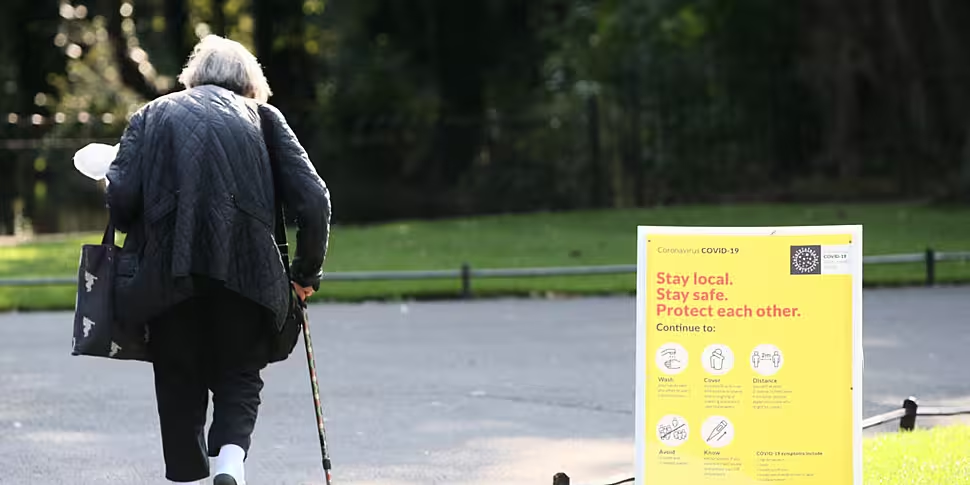A spokesperson for the World Health Organisation says Irish people need to get into the mindset of living with COVID-19 "for several years".
Dr Margaret Harris told Newstalk Breakfast people should also start planning now for big events, like Christmas.
"Now really is the time to think about how we're going to tackle all that, to really have plans in place rather than sort of toddle along.
"[In] the summer we saw that when countries came out of lockdown, they just went back to their old normal - and that was the problem.
"That was really the time to suppress this virus completely and unfortunately that didn't happen; and you don't want to be asking health workers to again work so tremendously under difficult circumstances.
"We've seen in some countries 33% of infections are in health workers".
"People certainly did their bit, they were fantastic.
"But this was this idea that you're going back to the old ways: no, we've really got to look at the new living safety with COVID ways - at least for the next year, if not for several years".
"We've got to get into that mindset".
On the winter phase of COVID-19, she said: "I think we have to say it's going to be more challenging, for several reasons.
"Not simply because it's going to be a lot harder to physically distance - so we're going to have to do other things like look at mask wearing indoors - but also because the incidence of other illnesses always rise during the winter.
"Some down to the cold weather, some down to other viruses arising, so the hospitals themselves are always much busier in winter.
"So if we see a rise in transmission cause we're all crowding together indoors, that puts a double burden on the health system - and they're already overburdened".
Dr Harris said it is too early to tell what the long-term effects will be on young people with the virus.
"It's too simplistic to think 'Oh, it's alright in young people' - for one thing, we don't know the effects of long COVID but we're hearing and seeing through our clinical networks that many people don't recover well, or they are physically impaired afterwards."
"They may not be going to hospitals, but they themselves are suffering.
"So again we're saying it's not good enough to think it will be alright to get infected: it's not alright to get infected".
On rapid tests, such as saliva tests, she said: "The important thing with an antigen test, now it's not going to give you the level of accuracy that the testing that goes into laboratories but it does give you the speed.
"We're evaluating a number of them, and how they work is really as a screening - so they might give you a first pass at whether or not you've got a problem and then you would do the other test".









